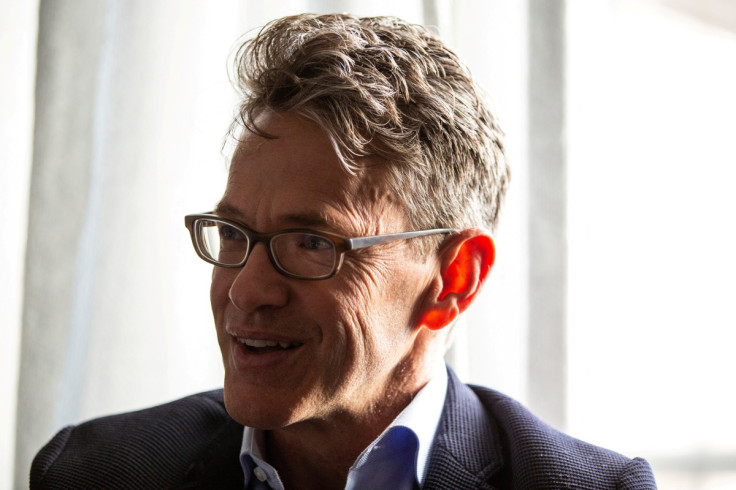Analysis: Bayer's New CEO Has A Full In-tray As Investors Push For Change

Bayer's incoming CEO is inheriting a full in-tray from his predecessor: Thousands of lawsuits claiming its weedkiller causes cancer, an underwhelming drug development pipeline and disgruntled investors looking for major change.
Top investors, including mutual funds group Deka, are among those to have complained that Bayer's sagging shares have been burdened by a lack of trust in the company's leadership, with others reckoning one easy fix would be to separate the healthcare and agricultural businesses.
Bayer on Wednesday named long-time Roche executive Bill Anderson for the top job after months of shareholder pressure to remove embattled CEO Werner Baumann, who had previously said he would hold on until the end of his current term in April 2024.
The nearly 160-year-old German company's Frankfurt shares rallied to their highest since June as investors welcomed the change, underscoring the depth of frustration about Baumann's lack of responsiveness to the concerns of major shareholders.
"The most important task for Bill Anderson is to regain investors' trust," said Markus Manns, a portfolio manager at Germany's Union Investment, a top 20 shareholder.
He added that Anderson would also need to reconsider the group's structure and strengthen the drug development pipeline.
Bayer's shares lag those of its global rivals, having fallen about 40% - knocking about 30 billion euros off its market valuation - since it bought Monsanto in 2018 for about $63 billion.
Concerns about litigation over weedkiller Roundup continue to weigh on the share price, despite a recent string of courtroom victories, an improvement in the Crop Science unit's profit last year and better prospects in drug development.
BREAK-UP, STOCK UP?
Baumann's early exit has stirred debate about what the 56-year-old Anderson can do to restore investor trust and boost Bayer's shares.
The American is an accomplished drug industry leader, particularly in oncology and ophthalmology, where Bayer has development ambitions.
"This may generate optimism from investors looking for an improvement in the Pharma business," Credit Suisse analysts said.
But some investors, including activist Bluebell which disclosed it had bought a stake in Bayer last month, have demanded the sale or spin-off of the consumer health unit, which makes Aspirin painkillers and Clarityn allergy relief.
They say it's a relatively quick way to remove at least some of the conglomerate discount, estimated by Credit Suisse on Wednesday at 40%.
More of the discount could be eliminated by a separation of the much larger pharmaceutical and agriculture divisions because most money managers regard pure-play stocks as more attractive.
JP Morgan said early last month, when the shares were trading at around 49 euros, that Bayer stock was about 36% cheaper than the sum of the value of its parts of 76 euros per share.
Investment bankers say a separate listing or even the relocation to the United States of the Crop Science division, with 20 billion euros in 2021 sales, could give that unit's shares a further boost.
They cite a more investor-friendly jurisdiction and specialised U.S. money managers who are more appreciative of the agribusiness, which generates most of its sales in the Americas.
PHARMA STANDALONE
Political sources and industry experts say moving the Crop Science division abroad would create fears of job cuts at home. A stand-alone pharmaceuticals business, with 18.3 billion euros in 2021 sales, could also become a takeover target.
Labour representatives on Bayer's supervisory board, which have a say in strategic decisions thanks to Germany's co-determination laws, on Thursday weighed in against a break-up.
But political intervention would likely be limited to efforts to save jobs rather than standing in the way of a deal for one of Germany's oldest companies, the sources said.
Large takeovers have also become rare in the drug industry, with the exception of AstraZeneca's $39 billion purchase of Axelion in 2021.
"Megamergers are not so much on the agenda any more," said Mark Seidler, chief executive officer of consultancy firm Strategic Decisions Group.
Uncertainty over promising new drug technologies made buyers look for a string of smaller assets to hedge their bets on future blockbuster drugs instead, he added.
© Copyright Thomson Reuters 2024. All rights reserved.





















